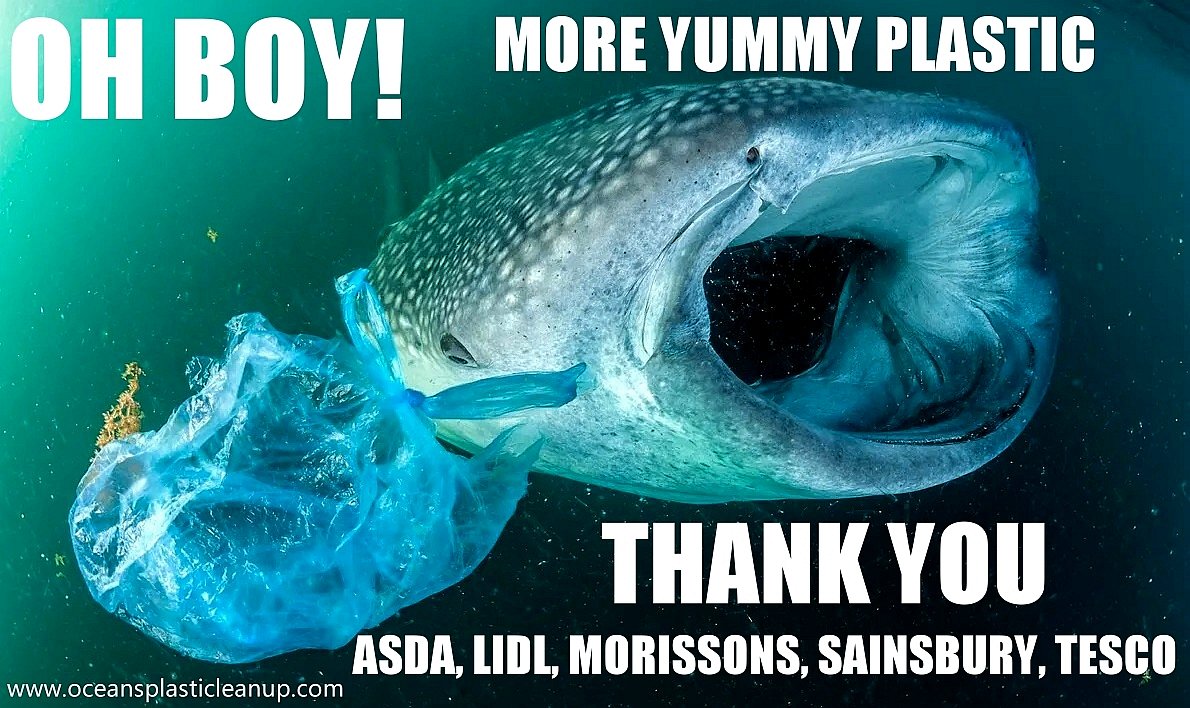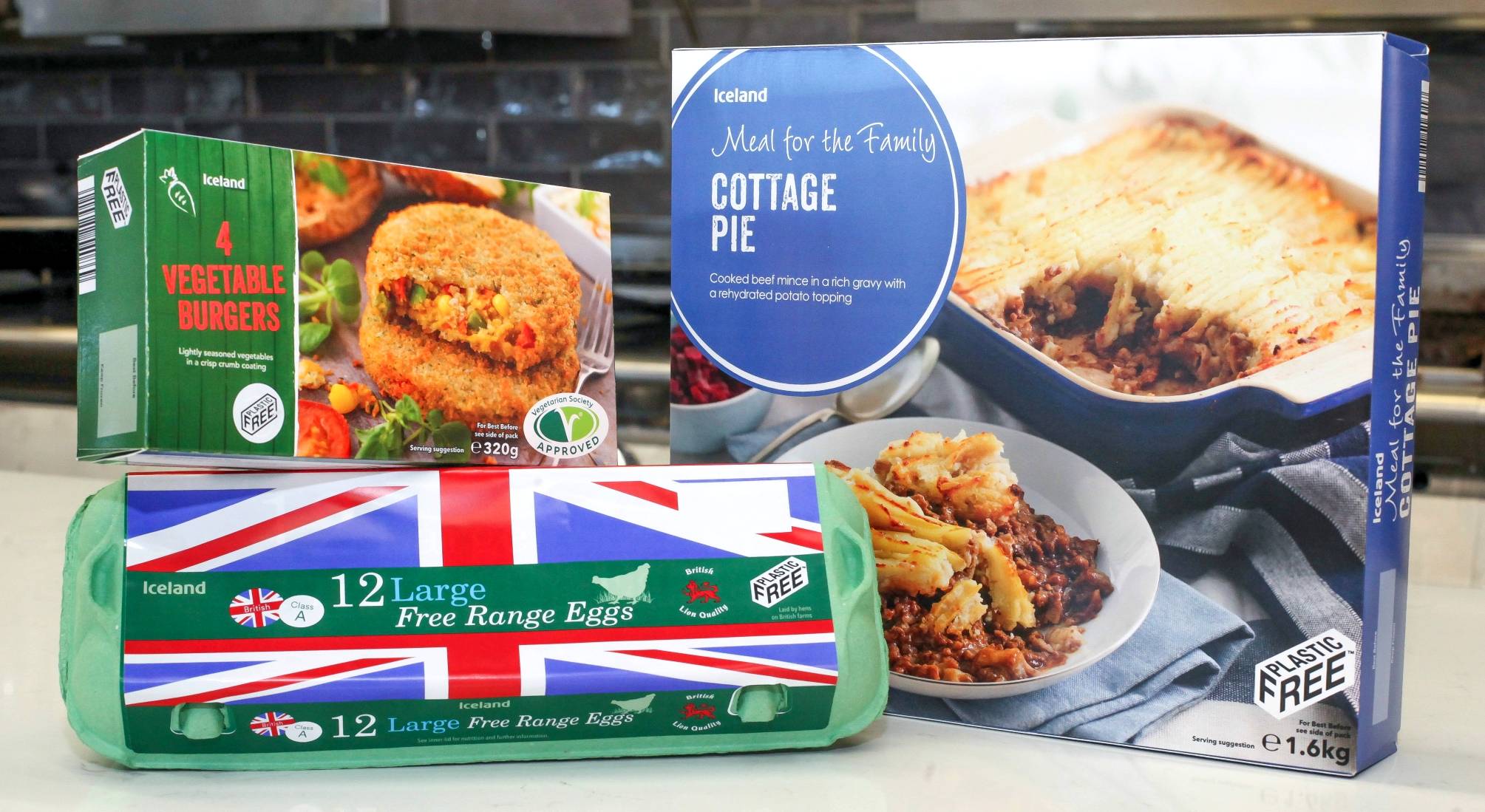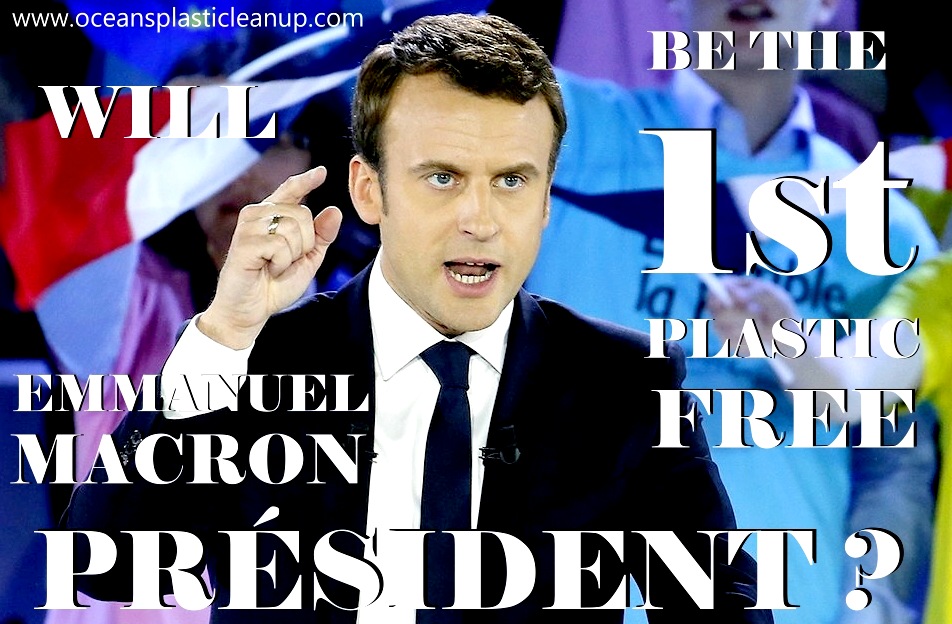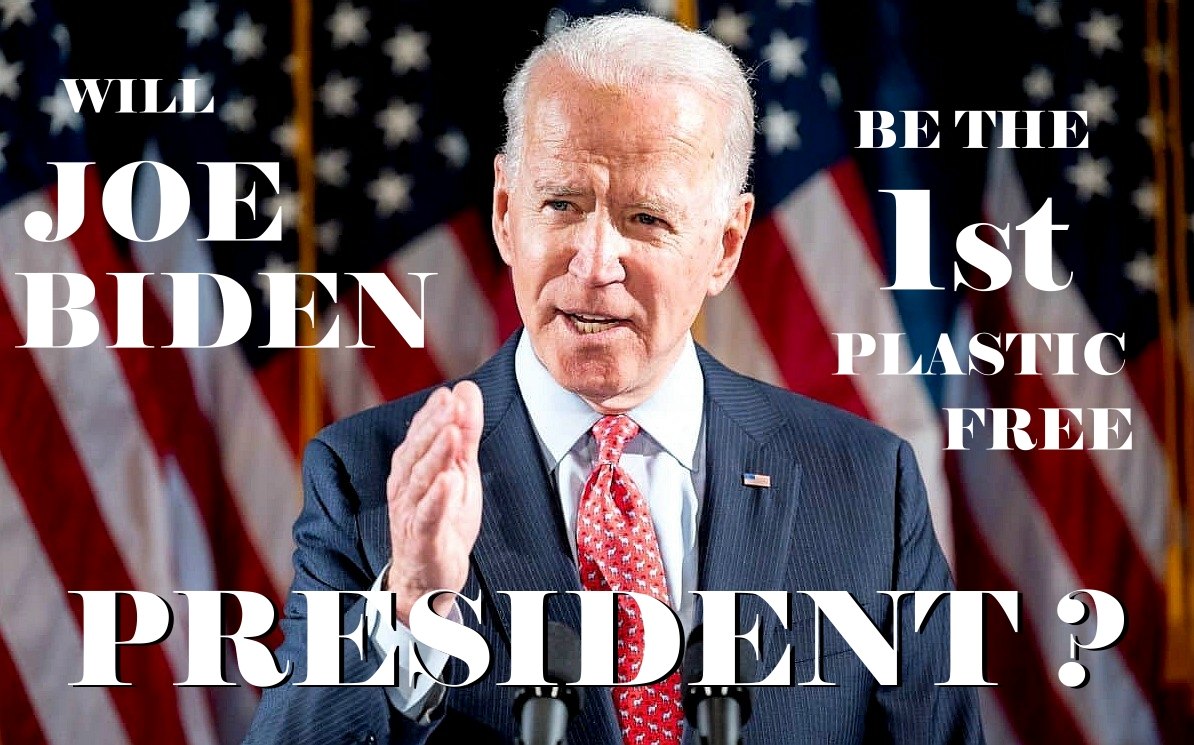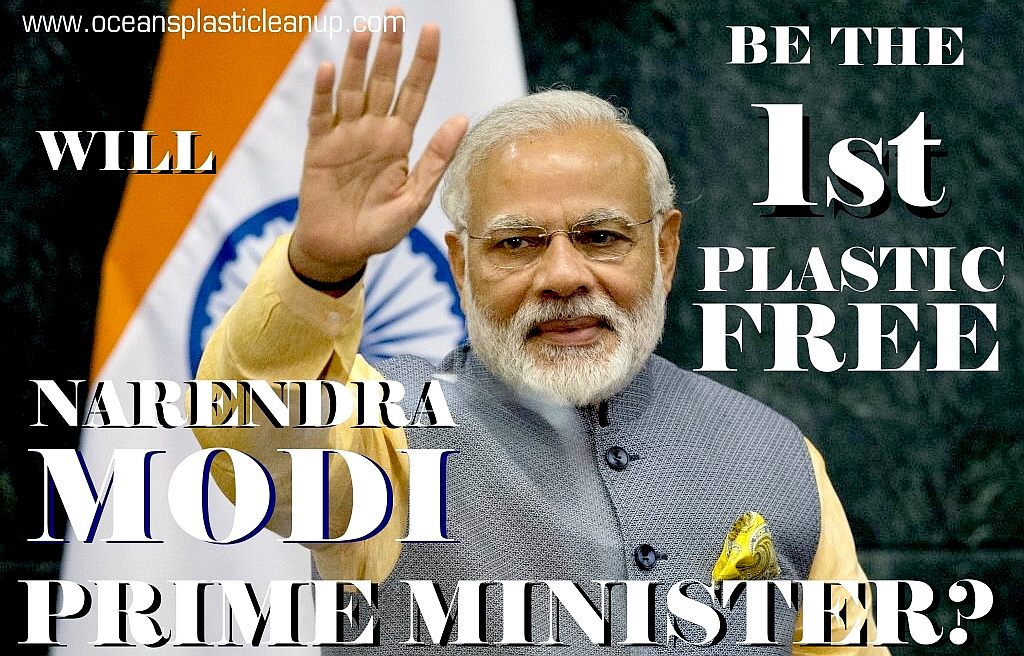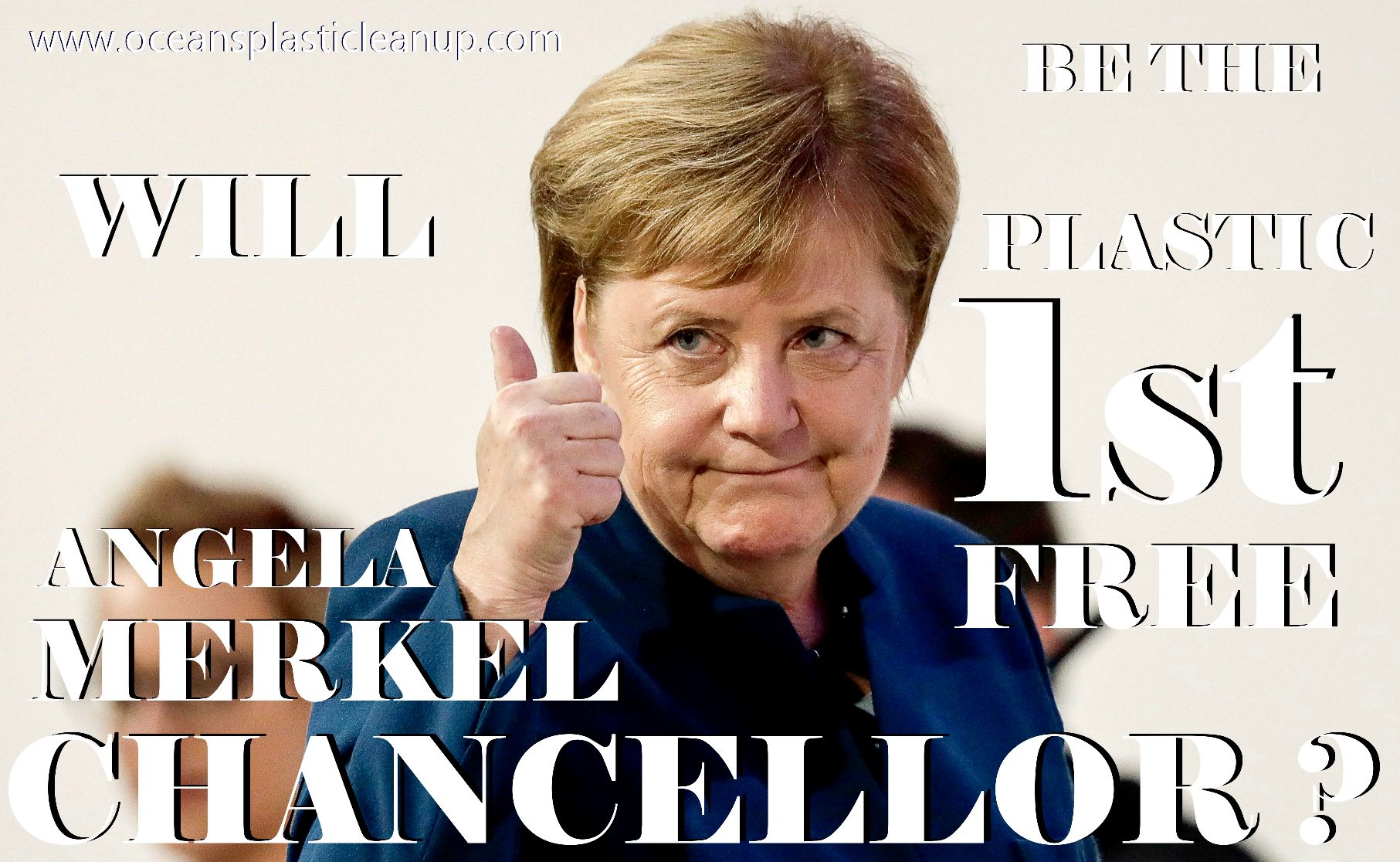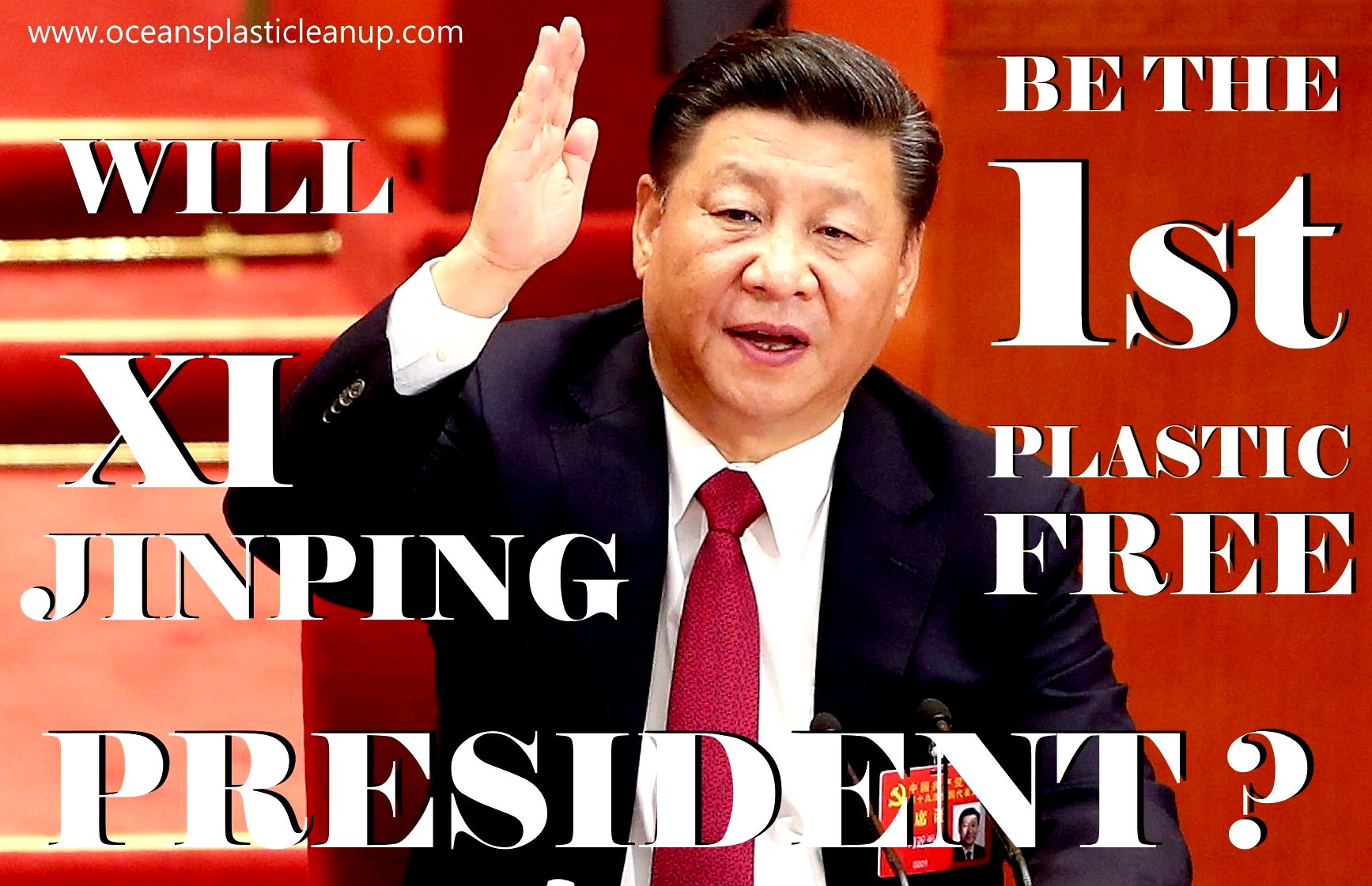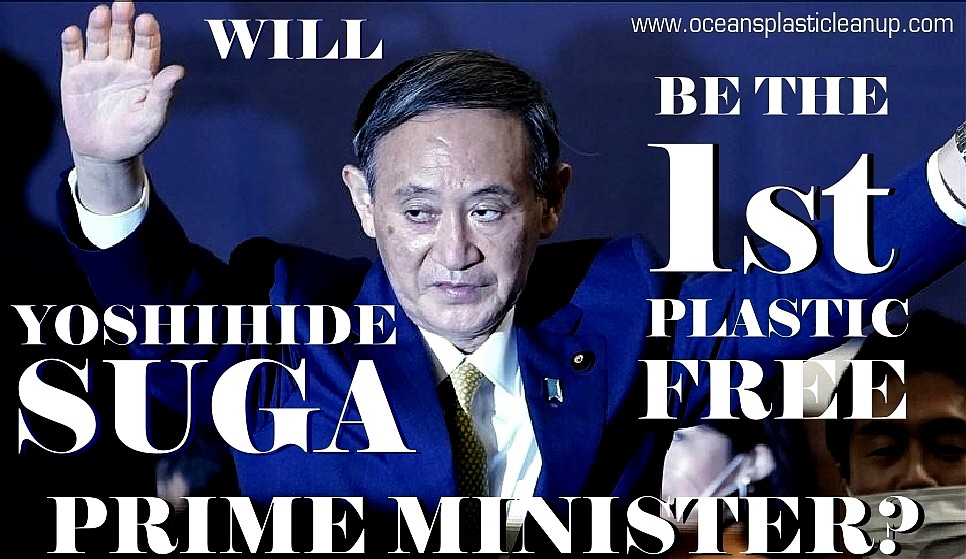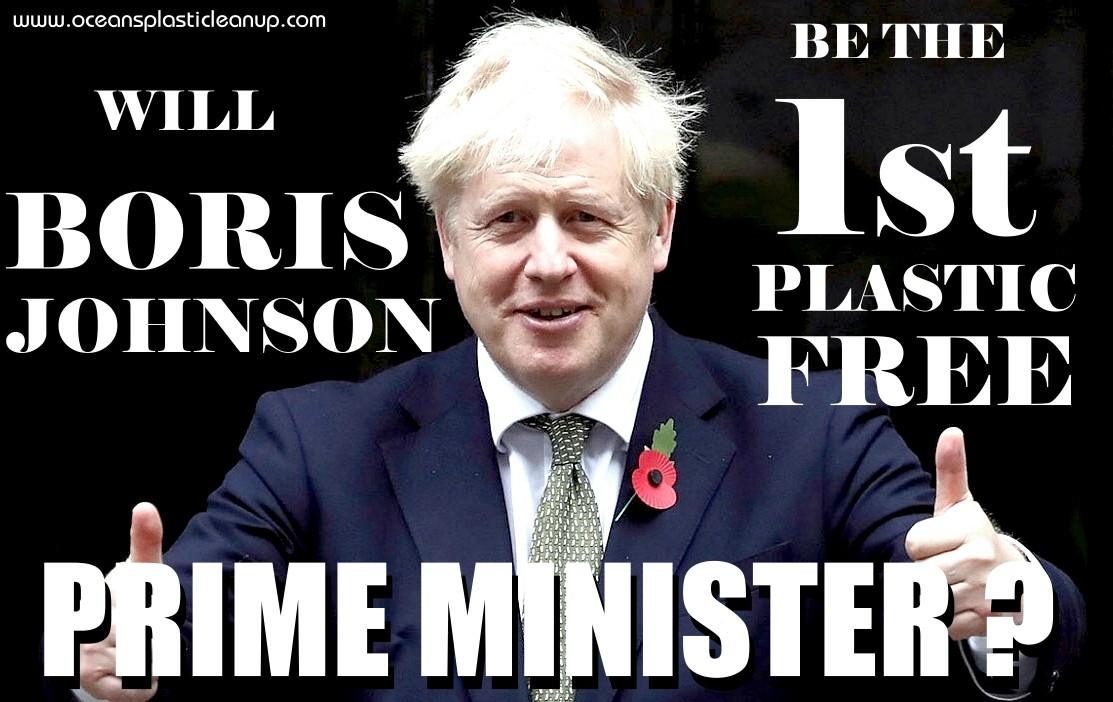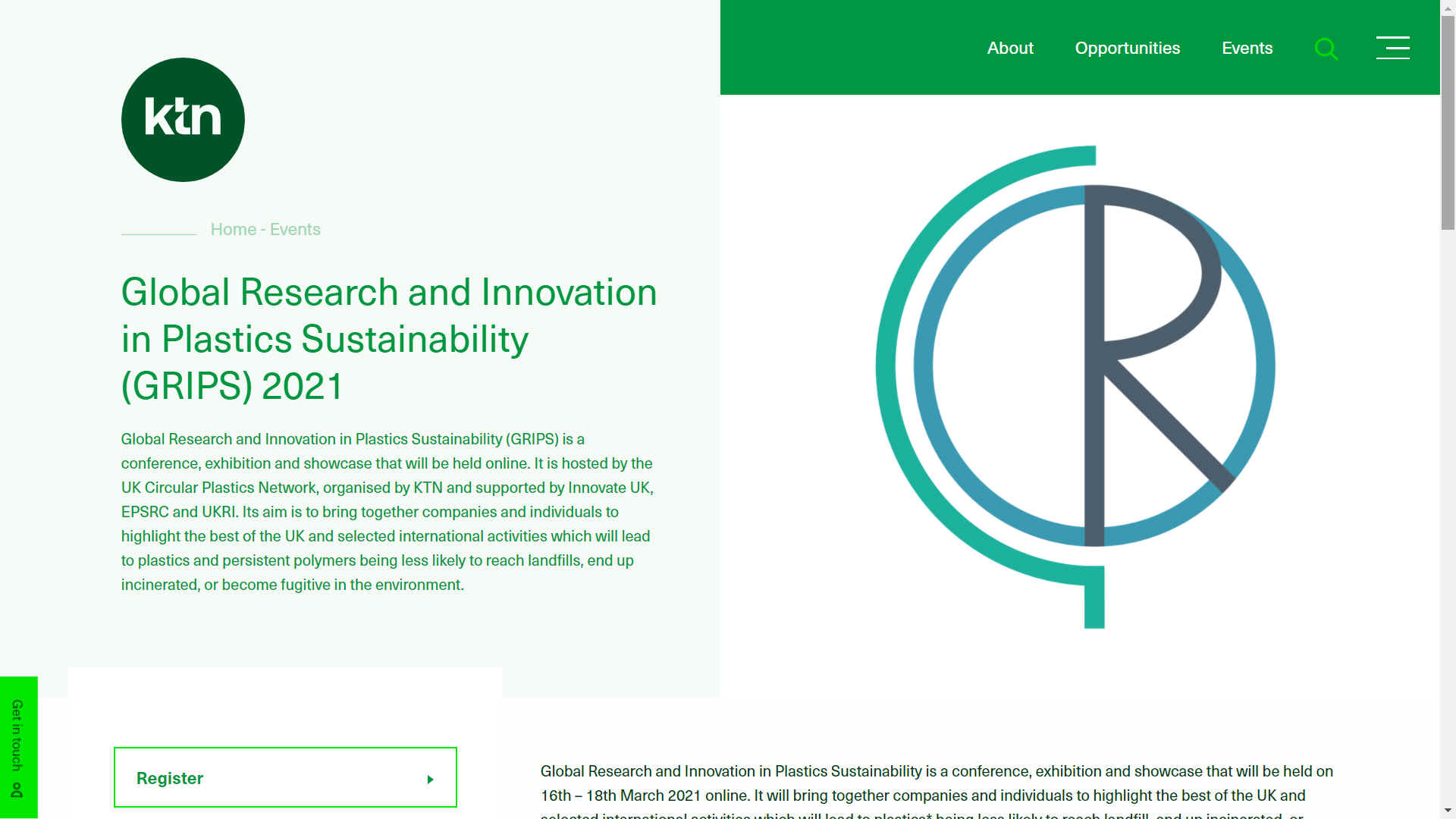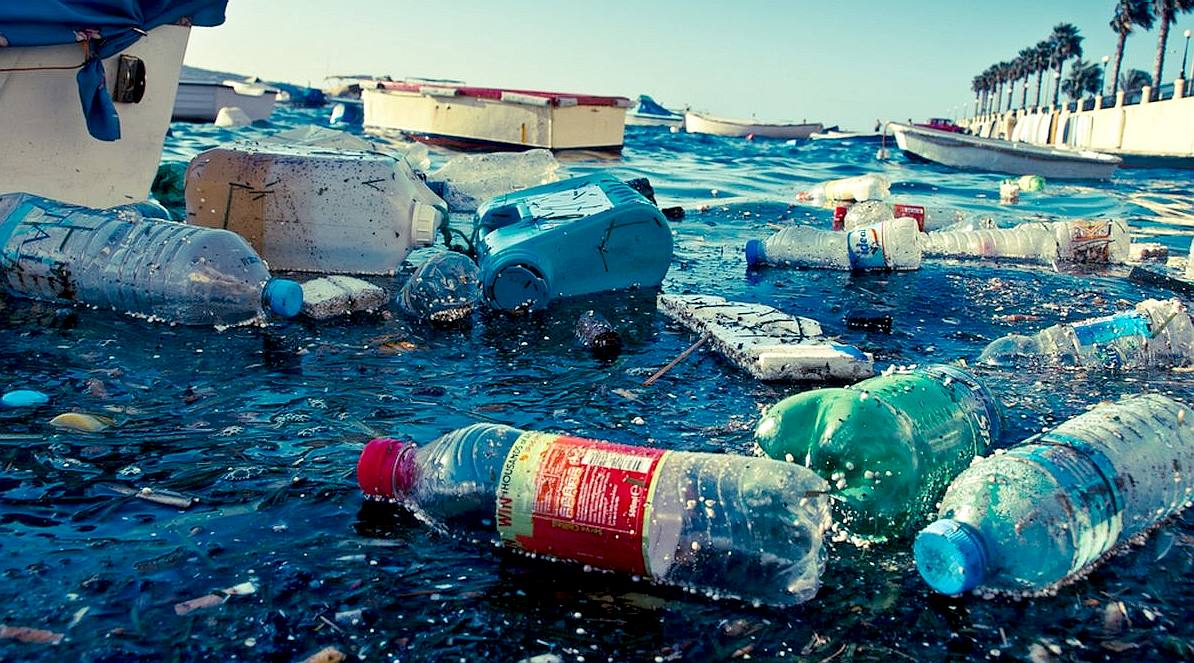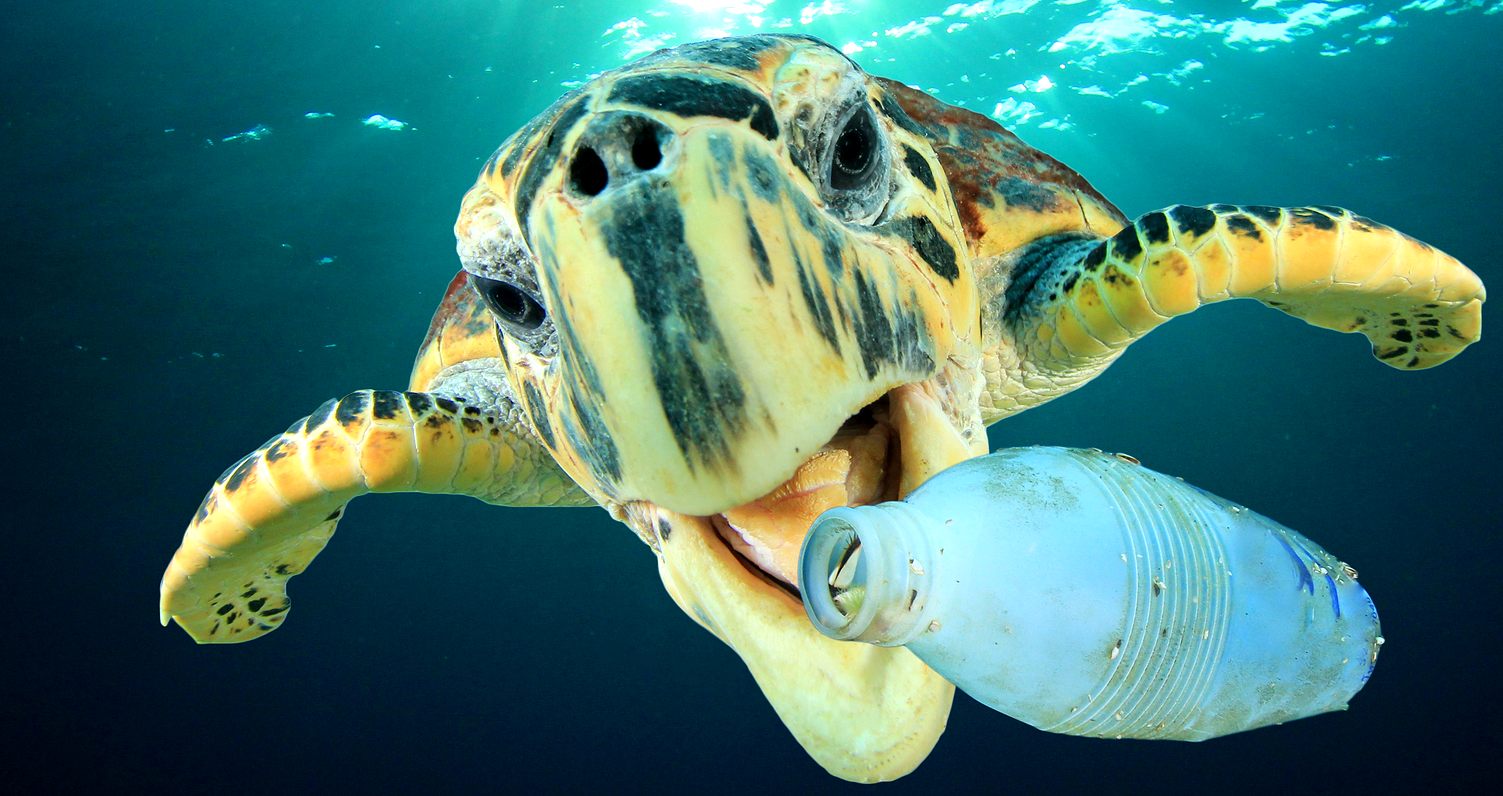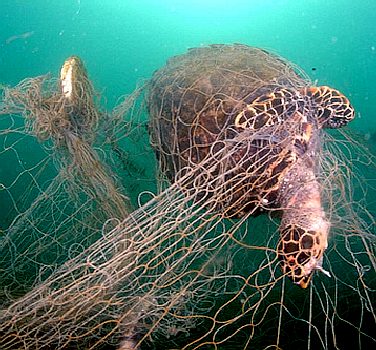|
1. THANK YOU SUPERMARKETS
PLEASE USE OUR A-Z INDEX TO NAVIGATE THIS SITE, OR SEE HOME
|
|
CAMPAIGN FOR ZERO WASTE - Supermarkets and oil companies have a lot to answer for. Politicians must explain why they let the retailers and fossil fuel industry get away with a practice they know to be harmful to marine life. Companies are largely driven by money and greed, their shareholders often kept in the dark. All the while millions of seabirds are dying, polar bears are playing with plastic and even shellfish have become inedible in some locations. This is morally unsound!
The very existence of supermarkets encourages producers to seek ways of presenting their goods to compete for trade and vie for cost savings, to get the customers. But it must be said that plastic is useful for wrapping produce to keep it fresh, and the lure into unsustainable practices is understandable. But that was before we realised that we are poisoning the marine environment, and the fish that feed a substantial proportion of people around the world, upsetting the Blue Economy, where in the face of population growth and desertification, the sea is a valuable resource.
Much of the argument for plastic packaging is to do with being able to see the produce. Where there are now many transparent films with biodegradable and compost-able qualities, we imagine it would be a relatively simple matter to use paper/cardboard trays with clear window films made of the more environmentally friendly bio-polymers.
We therefore propose canvassing supermarkets to enjoin in the Seven Point cleanup Plan, where bag taxes (in the UK) and outright single use bans, have failed to make any impact on plastic reduction, other than single use bags.
|
|
ARTICLE 1 (draft)
1. Supermarkets and other major retailers and manufacturers of packaged goods, should consider replacing plastic bags with paper and cloth. Paper for casual purchases and cloth to carry more weight. Cardboard boxes that are at present crushed after goods have been displayed, could be offered to customers on a free basis. Replaced items qualify for trading credits as per Article 7.
2. Supermarkets should endeavor to create a relationship with their customers, the aim being to encourage customers to bring their own carrying bags. Most retailers already have the mechanism to do so with Loyalty Cards. (For example in the UK the Tesco Club Card could give points for those bringing their own bags.)
3. Efforts should be made to redesign packaging for goods currently in plastic containers and packs, the aim being to replace & least 90% with paper and cardboard for the structural element, and 100% for styrofoam (expanded polystyrene) protective fillers. Transparent windows for customers to inspect the goods, should be made of biodegradable plastic. Re-designed items qualify for trading credits as per Article 7.
4. Care should be taken in the labeling of products. Where the producers admit that their containers are "currently not recyclable," they should seek to replace with alternative materials. which are recyclable, or include in an approved recycling regime as per Article 5.
5. Supermarkets and other major retailers or manufacturers of packaged goods, should seek to encourage third party suppliers to provide their goods in similarly packaged goods. Goods supplied to supermarkets without any re-design, should be subject to Plastic Tax, as per Article 7.
6. Products should carry packaging information in digital form for stocking and tracking purposes, especially in relation to fines and rewards. Stocking data should be made available for inspection of packaging, such as to rate in terms of Offset Trading as per Article 7.
THE ARTICLES - 7SEVEN POINT PLASTIC PLAN
1.
Supermarket packaging transformation (back) to paper predominantly
|
|
In tandem with negotiating with supermarket chains, we should identify and target the makers of poorly packaged items, Naming and Shaming, but before that asking them to change their ways on a voluntary basis, by replacing plastic in packaging with paper (for example). We anticipate stiff resistance to change that will only come from the introduction of such a scheme. It is anticipated that presenting their products in socially unacceptable way, will reduce their market share. Reason enough to finally change their thinking, or be relegated to the ranks of brands that failed adapt in time to survive.
HELP US LOBBY FOR A CHANGE IN THE LAW - OUR 7 POINT PLAN
(SDG14
ARTICLES)
We need tougher
MARPOL
legislation and enforcement,
to prevent plastic from rivers flowing into the sea. We implore you to write to your MP,
Senator, Prime
Minister, President,
Queen
or King,
to ask them to agree to introduce laws and rules that make it illegal in their
countries to allow river
waste (including microplastics) into territorial waters - and from there
into international waters. A law like this is sure to trigger the introduction
of monitoring, barriers and cleaning operations with equitable rewards for
any organization providing such services. So far your leaders have
demonstrated that they don't give a jot, and will not tackle the monopoly
enjoyed by their political backers.
INDUSTRY
Manufacturers
should look to replace single use plastic in packaging wherever
practical. Supermarkets should look for alternative packaging if it
would not detract from the quality of produce or make them
uncompetitive. They might support a
plastic-oil circular economy with recycling depositories at their stores.
INDIFFERENCE - Tangled in a societal maze and cemented by big business oligarchs, what chance does an oyster or muscle stand, let alone a turtle, where they cannot speak, write, or vote.
You can speak for them by not purchasing goods in packaged in plastic, unless it is responsibly recycled, and by fitting a filter to your domestic machines, where they empty to a sewage treatment system.
Polluted oceans are driving insecurity from the communities suffering from hunger, to warlords capitalising on the increasingly scarce resources. These impacts become the drivers of local conflicts which can be cultivated to escalate violence into wars for political control.
GOVERNMENT APATHY
Governments
simply don't care enough at the moment to revise their policies, because it's
cheaper to take a dump in the ocean and heaven forbid, spend money on filtration for
the sake of biodiversity.
Politicians are reeling from climate change, they know that nobody can see them
dumping waste in the oceans, and it underpins their frail economies to continue
to do so - for the sake of getting re-elected.
It's all about power, not lives. They will continue to slaughter defenseless
animals, so long as the electorate continue to do nothing. Doing nothing is the
same as agreeing with the slaughter. That is why we had World War Two, the moral
world finally had to act to stop Nazi
Germany invading and taking over the less able in Europe,
leading to concentration
camps, to eliminate political opponents and genocide
on an industrial scale. That
will only change with a food crises and poisoned fish being declared
carcinogenically inedible by the World Health
Organization. I.e. with cancer
victims falling like Covid-19 victims, taking up hospital beds. And even then that
will only be because of the rising Healthcare bills. Governments actually seem
to like it when elderly vulnerable patients bite the dust early. It's like
ethnic cleansing, but legal. Or is it. is it legal to engineer a situation where
people die earlier? HARBOURS - The ocean washes up a small percentage of plastic flotsam to remind us of our sins. All the beach and marina cleaning is unable to keep up with the dumping in our rivers, which ends up swirling about the seven seas.
|
|
|
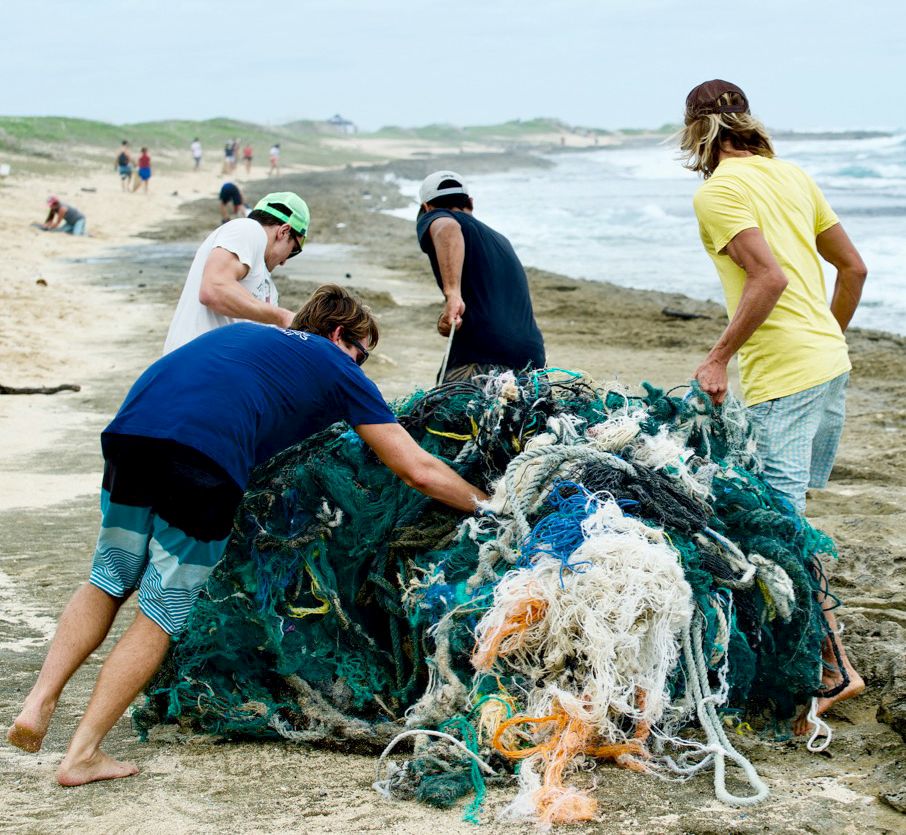
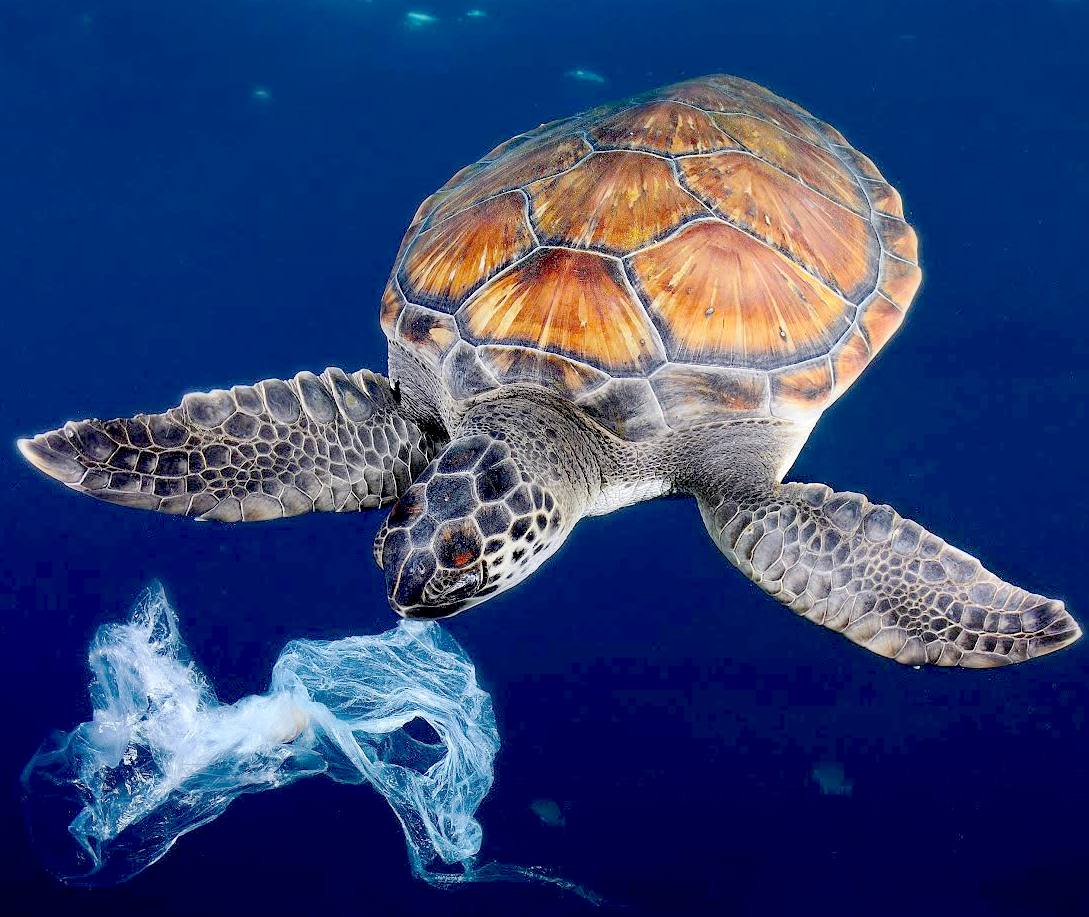
PLASTIC SNACKS - Below the waves and out of sight, marine life is eating plastic like there is no tomorrow, and there may well be, if nothing is done about it. Nets are trapping and suffocating wildlife and beaches are strewn with fishing discards and plastic flotsam. Big business is responsible, but not so much as the politicians who allowed this situation to develop.
|
|
|
PLEASE USE OUR A-Z INDEX TO NAVIGATE THIS SITE
This website is provided on a free basis as a public information service. copyright © Cleaner Oceans Foundation Ltd (COFL) (Company No: 4674774) 2021. Solar Studios, BN271RF, United Kingdom. COFL is a company without share capital whose founding objects are charitable, being not-for-profit.
|
